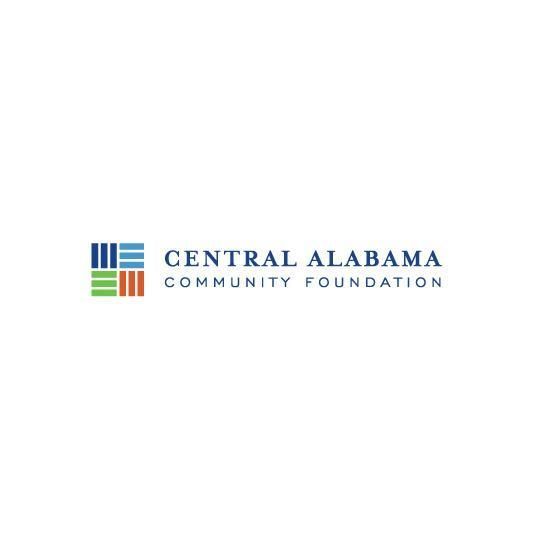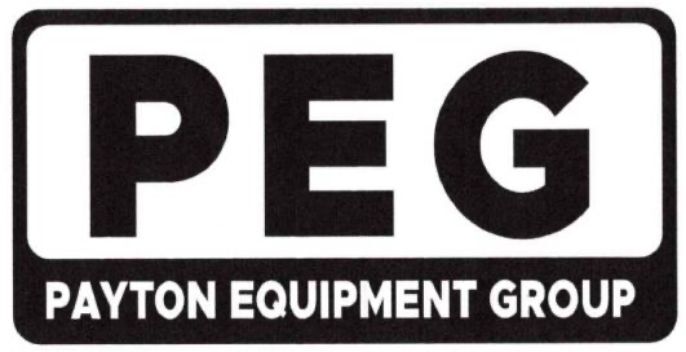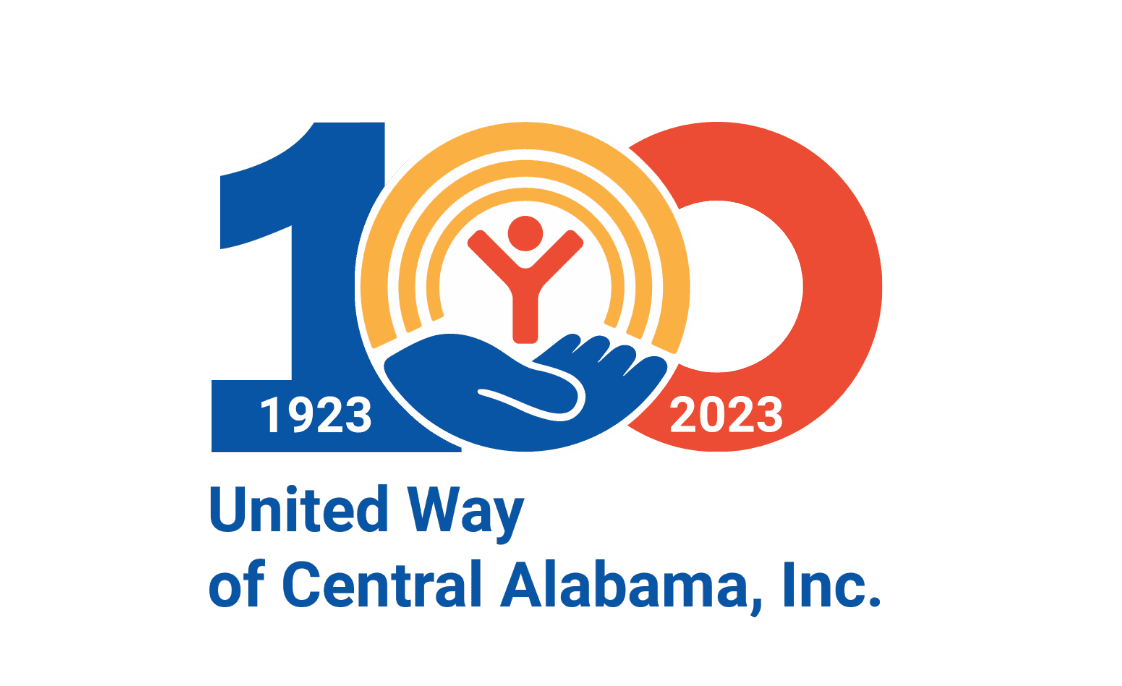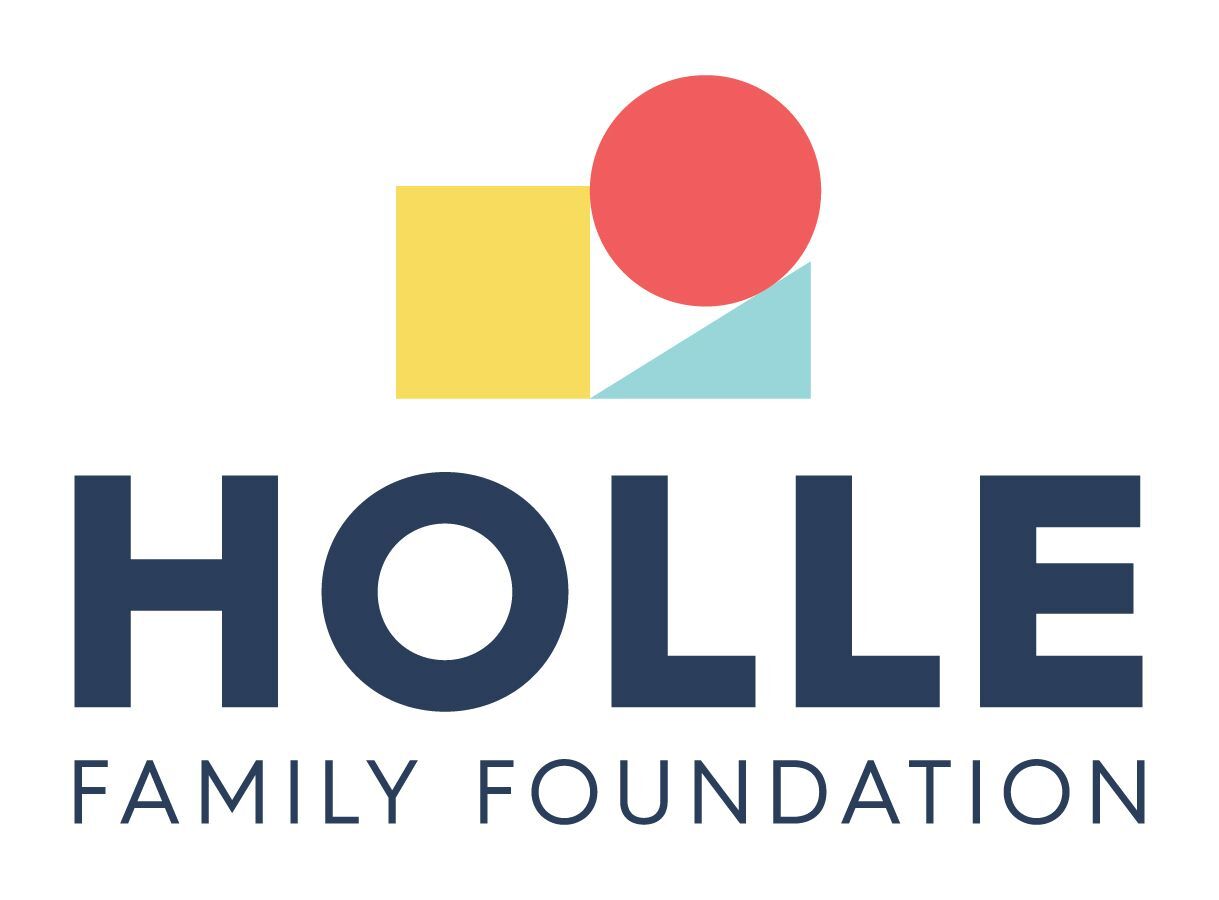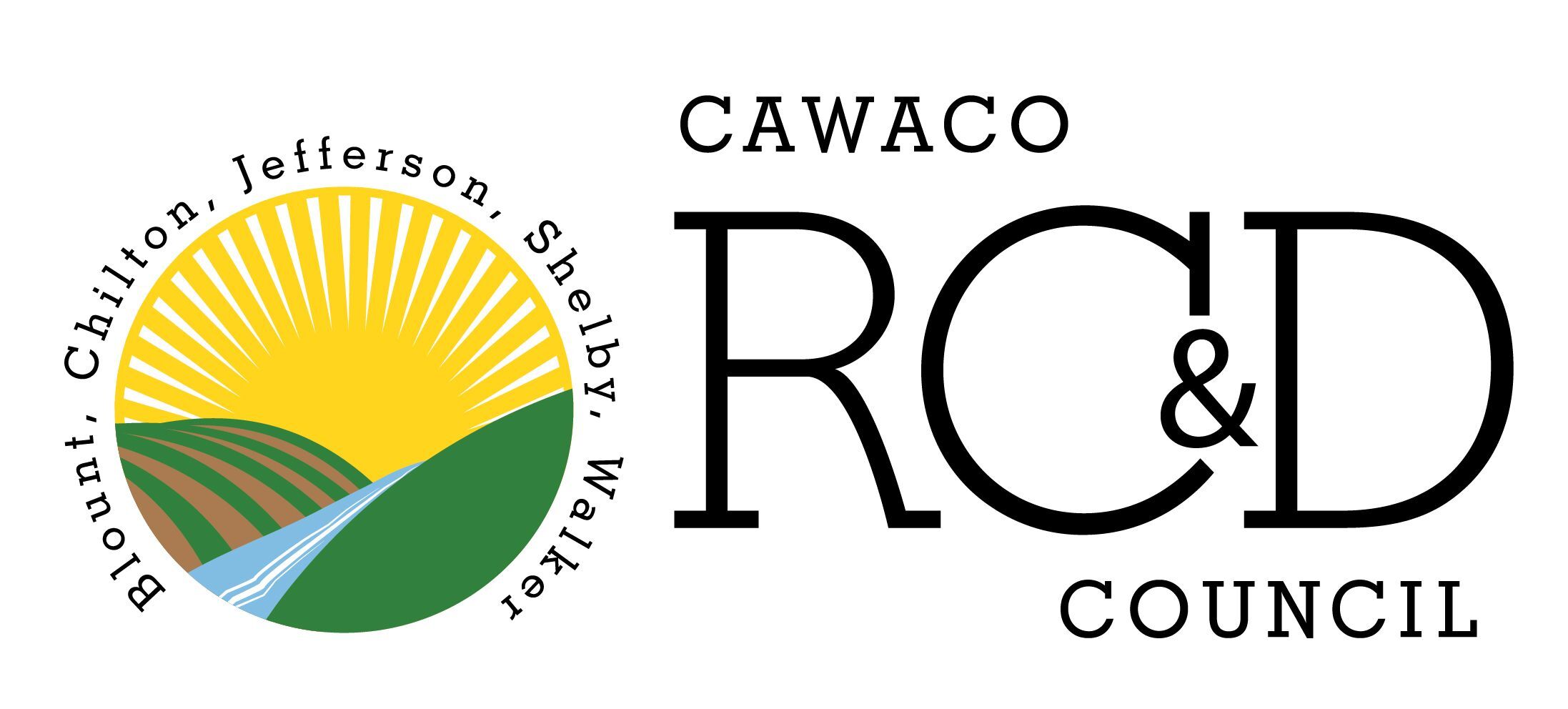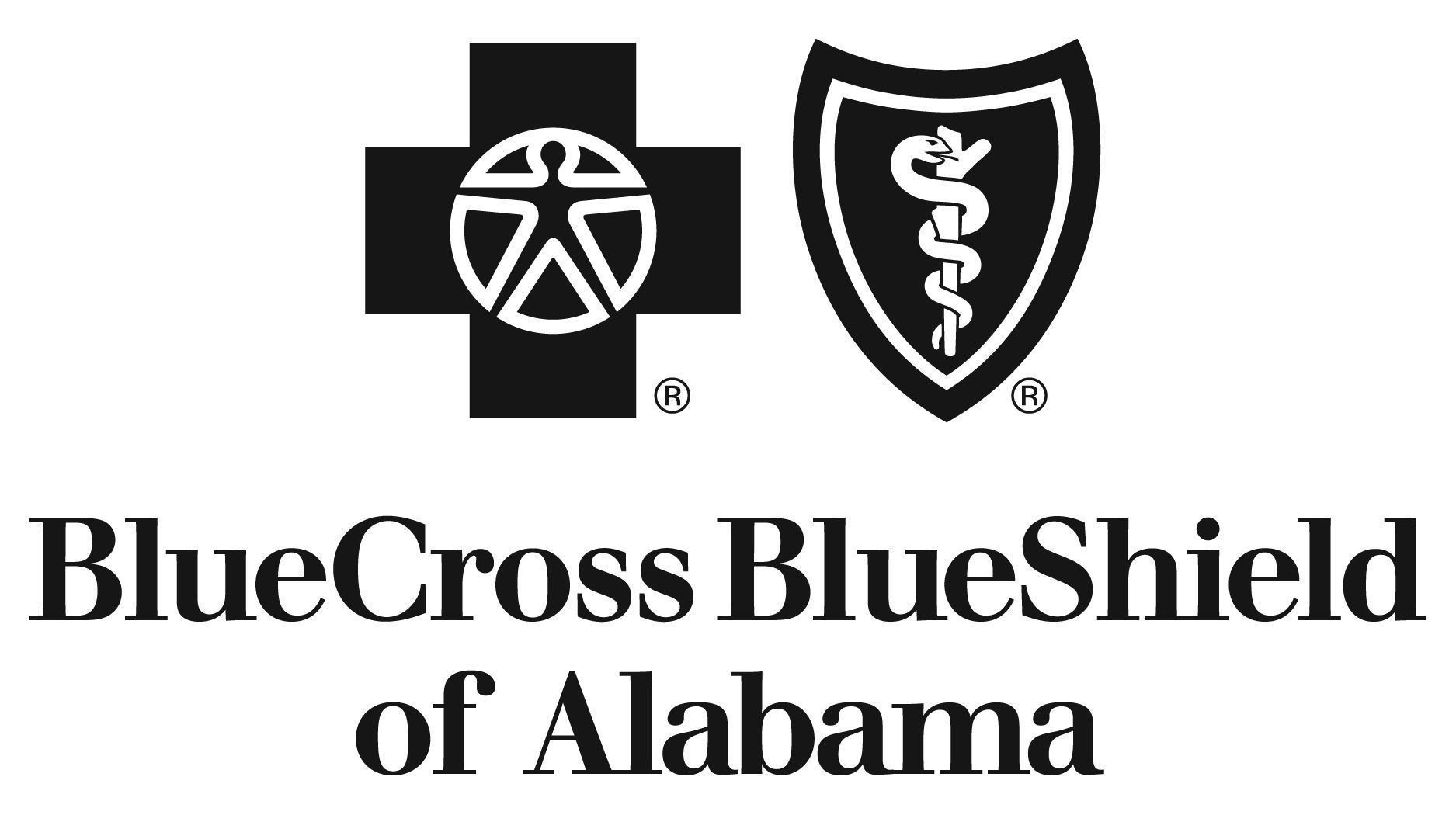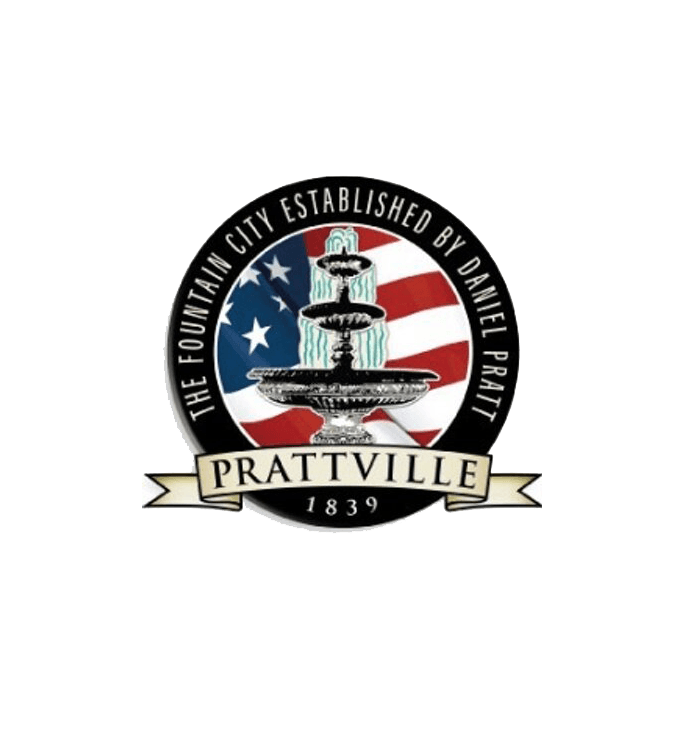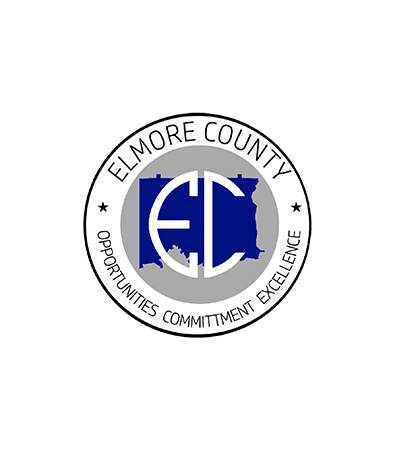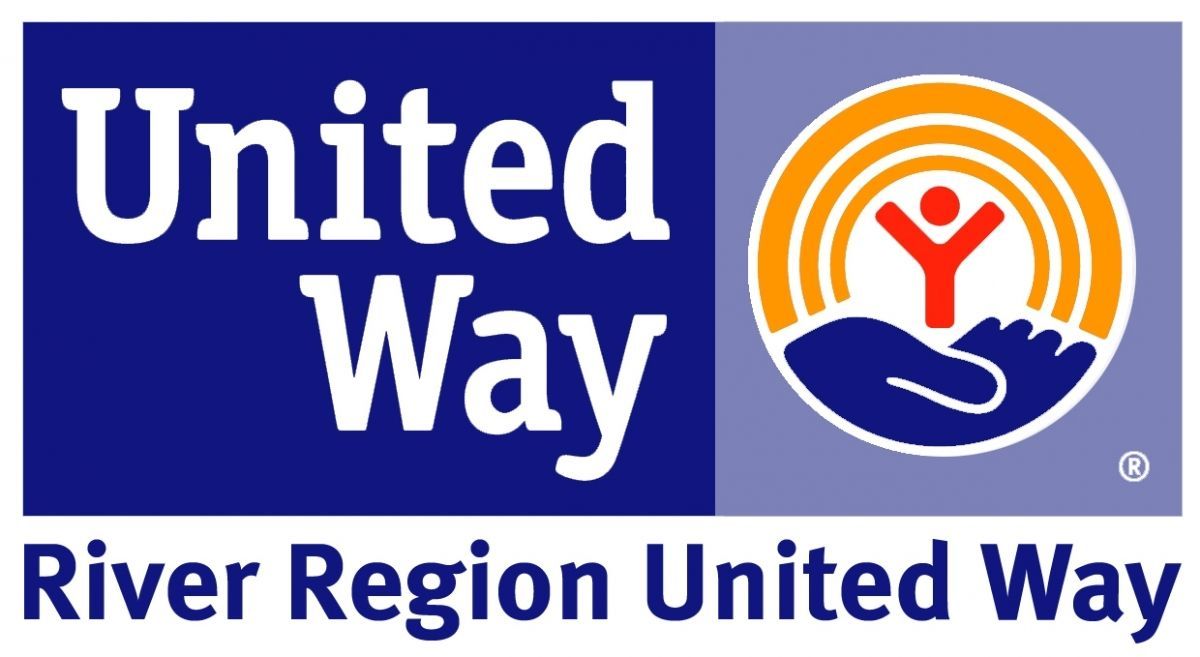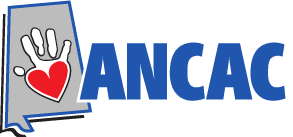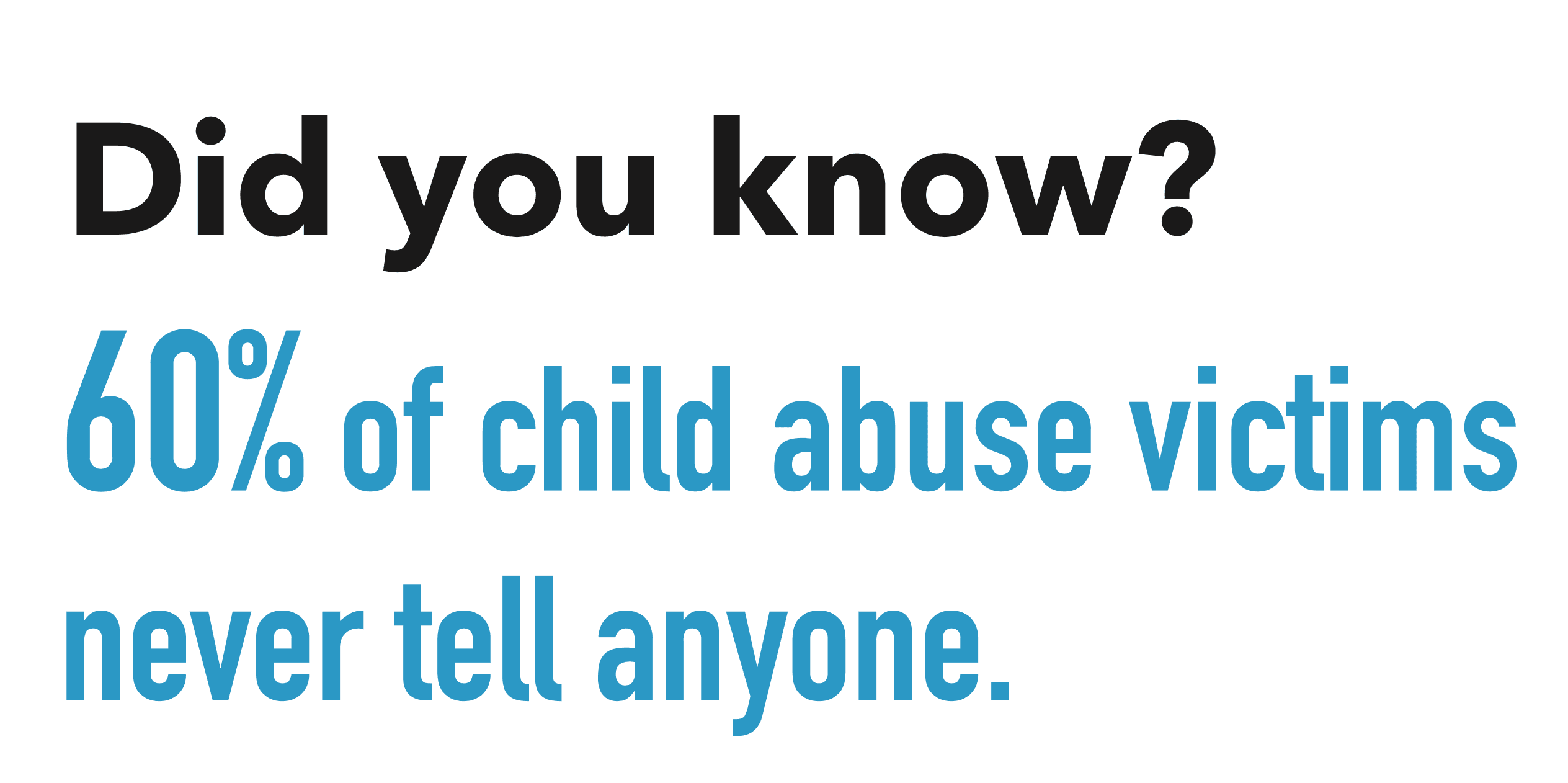
During the month of April, we recognize Child Abuse Prevention Month to spread awareness of childhood abuse and neglect. We all can play a role in our community to help our families and children be safe. One way is by listening to children for any reports of abuse and responding in a supportive way. Whether you’re a parent, family member, friend, or professional who is mandated to report any suspected abuse, it’s vital that you show support to the child. The following Dos & Don’ts may lessen the risk of causing more trauma for the child.
Do try your best to remain calm and control your own emotions. It is normal to feel overwhelmed or confused if a child comes to you and makes a disclosure of abuse. However, it’s important to remember that the child trusts you enough to tell you about what happened. It took a lot of courage for that child to share their secret. If they are willing to talk, just listen and accept what they say without judgement. Listen carefully and patiently. Let them go at their own pace and allow them to use their own words. Ask open questions and gather the essential information such as what happened, when and where the abuse took place, and who the alleged abuser is. Respect the fact that they may not tell you all the details of what happened.
Don’t overreact, panic, or look shocked. Even though it’s terrible to hear, try your best not to get upset or angry. Do not say mean things about the alleged abuser. Do not ask leading questions or pressure the child for more information, leave that for the professionals to investigate. Don’t ask children “why” something happened because they often don’t know why, and they may perceive it as blaming.
Do offer comfort and support. A child who discloses abuse needs you to believe them. You can offer comfort by letting them know that what happened was not their fault, they were brave for telling someone and that you will do everything you can to help. Do what you need to make the child feel safe.
Don’t ignore or minimize what the child has told you. Any disclosure must be taken seriously. Do not say things like “Are you sure you’re not lying?” or “Why didn’t you tell me before?”. This may make children feel like they should take back what they have said (this is called recanting). Do not make any promises you can’t keep. Do not say that you can keep what they told you a secret. You might say “Some secrets need to be shared to keep people from getting hurt and I need help from another grown-up to stop the problem.”
Do inform the child about what the next steps will be. Tell the child that you need to talk to someone whose job it is to keep them safe. If the child has questions for you, listen and answer honestly. If you don’t have an answer, you may say “I don’t know, but I will find someone who will answer that question.” When a disclosure is made, it’s important to immediately make a report to local authorities such as law enforcement or child protection services (see below for information about how to make a report).
The biggest DO is to express empathy. The most helpful reaction is to believe them and acknowledge their experience. A child’s trust has already been broken by their abuser, so you should handle disclosures sensitively. As trusted adults, it is our responsibility to protect the children in our lives. You can play an important role in their safety and their healing.
Resources:
Alabama Department of Human Resources: https://dhr.alabama.gov/child-protective-services/child-abuse-neglect-reporting/
Child Abuse/Neglect FAQ: https://dhr.alabama.gov/child-protective-services/child-protective-services-faq/
Mandated Reporter Training: https://aldhr.remote-learner.net/
Child Help Hotline (additional resources): https://childhelphotline.org/










